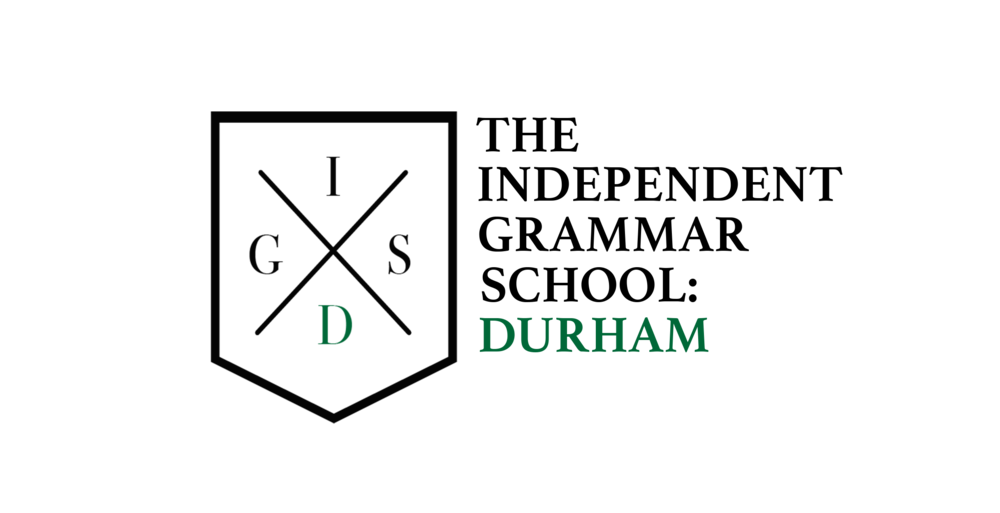The Independent Grammar School: Durham
Assessment Policy
Regular assessment is vital in any school. It provides feedback to parents on how their child is performing. It helps children know how they are progressing and what they need to do to improve. And it helps teachers understand where each child is in his or her development so they can adjust their teaching accordingly. Importantly, regular assessment provides an early indication of problems for all involved, which makes early remedial action possible.
Most of our assessment is formative, continuous assessment which involves teachers giving feedback to children that relates to what they have achieved and things they can improve. This includes among other things the regular marking of books. This kind of marking and feedback will be carried out in line with the school’s Marking Policy. We believe that this kind of regular feedback is perhaps the most crucial in enabling progress to take place.
Weekly test results are fed into a simple assessment monitoring spreadsheet which is overseen by the Principal.
Early Years Foundation Stage (EYFS)
The Reception curriculum is designed in accordance with the statutory EYFS framework. Each child will be informally assessed throughout the year using the EYFS goals and progress will be reported termly to parents. Towards the end of the year (June) EYFS profiles will be completed for every child and where required these will be submitted to the local authority in June.
We will liaise with the local authority experts in the EYFS field and our staff will attend relevant training from time to time. The Reception teacher will be an experienced EYFS practitioner. We will be open to moderation at this stage by the LA.
Primary Years
For Year One children (and those in later primary years) we will use Core Knowledge UK as the basis for teaching in the primary years. This very broadly follows the National Curriculum.
Regular (formative) assessments will be carried out, usually by tests which will be developed by teachers following consultation and moderation by experienced Core Knowledge UK experts. Many schools are now using the materials and good practice has emerged, which we will draw upon.
At the end of every term, parents will receive a report by subject (English, Mathematics, Science, History and Geography, Art, Music, PE, RE and, from Year 2 onwards, French. Reports will show an effort grade (1-5) and an attainment grade (1-5) together with teacher’s comments and a comment from the Principal. The effort grade will be a teacher judgment; the attainment grade will be the result of an end of term test together with an assessment of work carried out during the year.
Regular meetings will take place between the class teacher and the Principal to monitor children’s progress.
Where there are serious issues relating to either effort or attainment, the teacher will telephone the parent(s) to discuss and suggest a meeting.
Parents will receive a more detailed end of year report with the same grades used.
Senior School
Years Seven and Eight
Children in Years Seven and Eight (the first two years of senior school) will be taught a knowledge-based curriculum based on schemes of work written by the school, often using the ISEB curriculum as a basis. These schemes of work will have been expressly approved by the DfE and Ofsted as part of our material changes as we expand and grow. Regular tests will be used to assess the acquisition of the knowledge set out in the curriculum. In addition, NFER tests will be used every term. All tests will be internally marked. The school will meet the cost of the examinations.
Termly and end-of-year reports will take the same form as in the primary school. Again, regular staff meetings will monitor each child’s progress and parents will be alerted personally at the earliest opportunity if problems are arising.
Years Nine to Eleven
Students in these years will prepare for GCSE examinations at the end of Year Eleven. At this stage, students begin to follow the relevant GCSE specification and are periodically tested accordingly.
In Year Nine, which is strictly speaking a year before the GCSE courses begin (although there are no hard and fast rules about that) students will be given the opportunity to enrich their studies along with the beginning of their GCSEs. Such enrichment topics, projects and mini-courses will not be assessed.
Reports will be produced termly from Year Ten onwards showing current grades being achieved together with a target grade. The current grades will be taken from the results of tests, which will be graded as if they were actual GCSE papers. The target grade will be the result of careful consideration of what the student is capable of if he or she works consistently between then and the exams themselves.
IGS: Durham
Created: January 2017
Reviewed: October 2022, re-write March 2023, March 2025
Next Review due: October 2026
